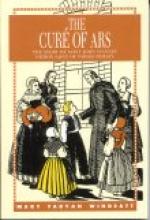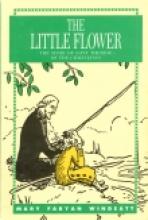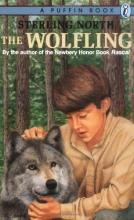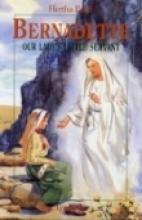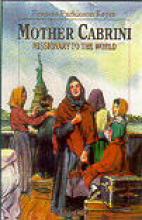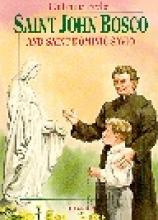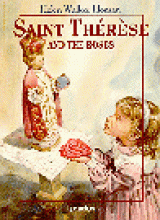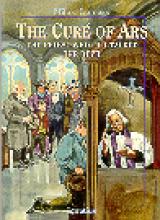19th century Biographies
The Cure of Ars
The Little Flower
The Song of Bernadette
black and white, 156 min
The Wolfling
Wolfling is the follow up to Sterling North's Newbery Honor book Rascal. The two are loosely related in that they both take place in the wilderness of Wisconsin. Rascal is largely an autobiography of North's unusual childhood in Wisconsin in the early part of the 20th century while Wolfling takes place in the time that North's father was a boy soon after the Civil War. It is based on the letters that he sent North about his childhood.
The bottom line of the story is that the main character, Robbie, must figure out who he is, and what he wants to do with his life. He comes to discover this through his relationships with both virtuous and morally suspect people who live in his town, and through his relationship with his mother and father, who are going through a similar discernment. Robbie learns how to deal with the morally suspect characters without condoning their actions, while emulating the virtuous characters. His parents are portrayed are virtuous, hard working people who must deal with the hardships of life on the frontier, the hardest of which is the loss of several children. Robbie makes virtuous choices, and in that, the book is a good choice for young adolescents.
North weaves actual historical events and real historical characters into the story and in some ways this is the most interesting part of the story. He spends a good deal of time introducing the reader to Thure Kumlein, a Swedish naturalist who is largely unknown, but made great contributions in natural history research at the time. If I lived in Wisconsin I would be seeking out his works and trying to travel to the part of Wisconsin where this story takes place.
In the back of the book, North gives scientific and historical information about the events described in the story. He describes the Panic of 1873 and the great Chicago fire as adeptly as he describes the habits of wolves in that region. Speaking of wolves, you might wonder why this review doesn't mention the wolfling so far. The dog is important as a plot device to move the story of Robbie's coming of age, but he is not central to the story. However, your more subtle readers may see an analogy between the wolfling and Robbie. The wolfling straddles two worlds, the wild and the tame, just as Robbie straddles much the same two worlds, the "wild" unruliness of the frontier, and the "tame" of schooling and civilization.
I couldn't help comparing this book to North's more widely acclaimed Rascal, and I like this one much better. In Rascal, North spends a lot of time "teaching" about his evolutionary and social philosophies. I had decided my children shouldn't read it until they were older, even though they would love all the outdoor exploits of the main character. I think that Wolfling is a better story with a better message. And, the best part as far as my children are concerned is that Robbie doesn't have to give up the wolfling in the end.

